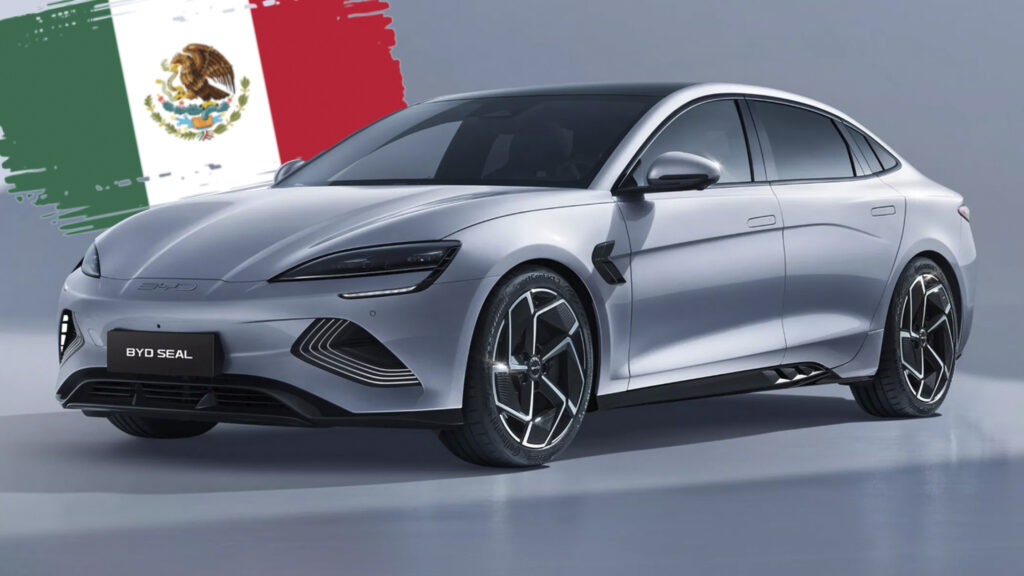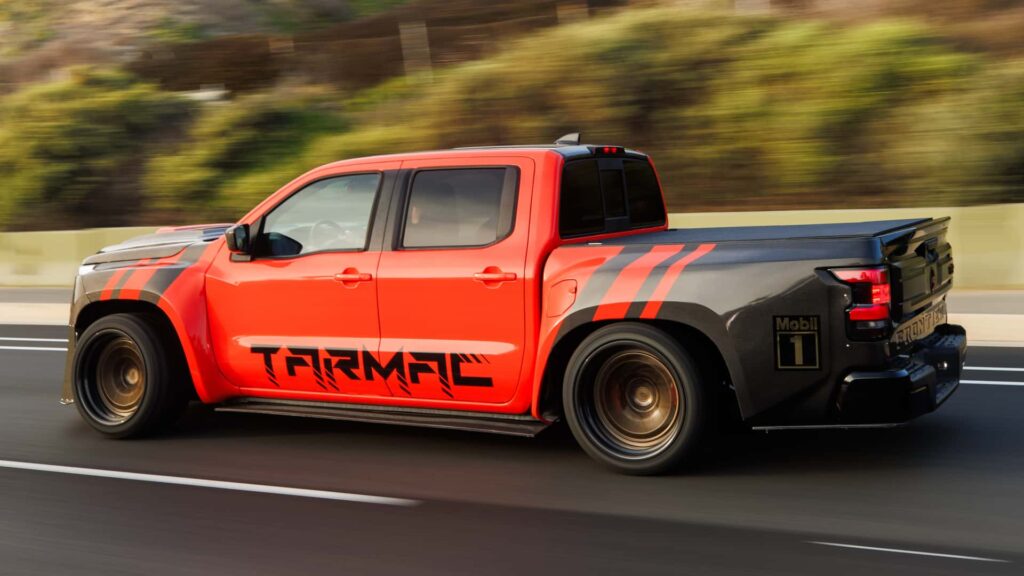New car buyers in Mexico are swapping BMWs and Audis for BYDs and Zeekrs
January 3, 2025 at 15:15
- In Mexico, Chinese cars are being seen as more premium alternatives, with sales rising.
- Audi and Mercedes Benz sales in Mexico dropped by 21.9 percent and 9.8 percent respectively.
- Buyers are moving away from luxury sedans and into cheaper options, as well as EVs.
The history of premium cars and how they’re perceived is fascinating, and one which shifts over time. Once, not too long ago, Japanese cars were considered inferior to their European counterparts. And yet, as time went on, those brands started to become more recognized, with Lexus being the brightest example of a successful Japanese premium brand. Could the same transition be about to happen with Chinese cars today?
Well, Chinese-made cars are priced out of the market in the US, and incoming President Donald Trump’s promise to impose even higher tariffs means that entering America will become practically prohibitive, unless they establish local factories. However, evidence from across the border in Mexico may serve as evidence to back this theory up. The country’s premium segment has long been dominated by high-end brands like Mercedes-Benz and BMW. But the rise of Chinese brands reflects a shift in consumer preferences driven by a mix of affordability, technology, and comfort.
Read: In Echoes Of Beetle, VW Might Move Golf Production To Mexico
According to the Mexican Association of Automotive Distributors (AMDA), luxury car sales dropped by 8.1 percent from January to November, with Audi and Mercedes-Benz taking hits of 21.9 percent and 9.8 percent, respectively. Meanwhile, BMW’s sales stagnated in one of Latin America’s largest economies.
A New Challenger on the Block
While these established players struggled, Chinese brands made bold moves. Motornation, representing names like BAIC, JMC, and Changan, saw an 8.8 percent rise in sales during the same period. Jetour, a relatively new contender, skyrocketed with a staggering 131 percent increase. Now, Chinese brands control 9.3 percent of Mexico’s car market – a remarkable feat considering their far from sterling reputation in the region only a few years ago.
Speaking to Fortune, Miguel Reyes, a 71-year-old retiree, embodies this growing trend. Opting for a Chinese model that cost him roughly $27,000, Reyes said the decision was “simple arithmetic.” For similar comfort and technology, such as steering assist, a traditional luxury brand would have set him back $40,000 to $50,000.
Electric Advantage
Chinese manufacturers have also capitalized on Mexico’s short-lived tariff exemption for electric vehicles, which ran from 2020 until October 2023. Brands like BYD and Zeekr now offer a range of electric models, from compact cars priced at $17,000 to luxury vehicles hitting $50,000.
More: Zeekr Bringing Three EVs To CES As It Sets Ambitious 2025 Sales Goal
This adaptability across price points has bolstered their appeal. “They can offer you anything at any point in the range,” said Gerardo Gomez from J.D. Power, emphasizing the breadth of options available from these brands.
Luxury for Less
As China’s automakers solidify their presence, traditional luxury brands face tough questions. How do they compete in a market that increasingly prioritizes affordability without compromising quality? While brands like Mercedes-Benz and BMW have long held their status symbols, their ability to adapt to these new preferences may define their future in Mexico.
For now, the roads of Mexico tell the story: SUVs and pickups with unfamiliar badges are steadily taking their place beside established names. Whether this trend lasts will depend on how well these brands can navigate political hurdles and sustain their growing reputation for value and innovation.


